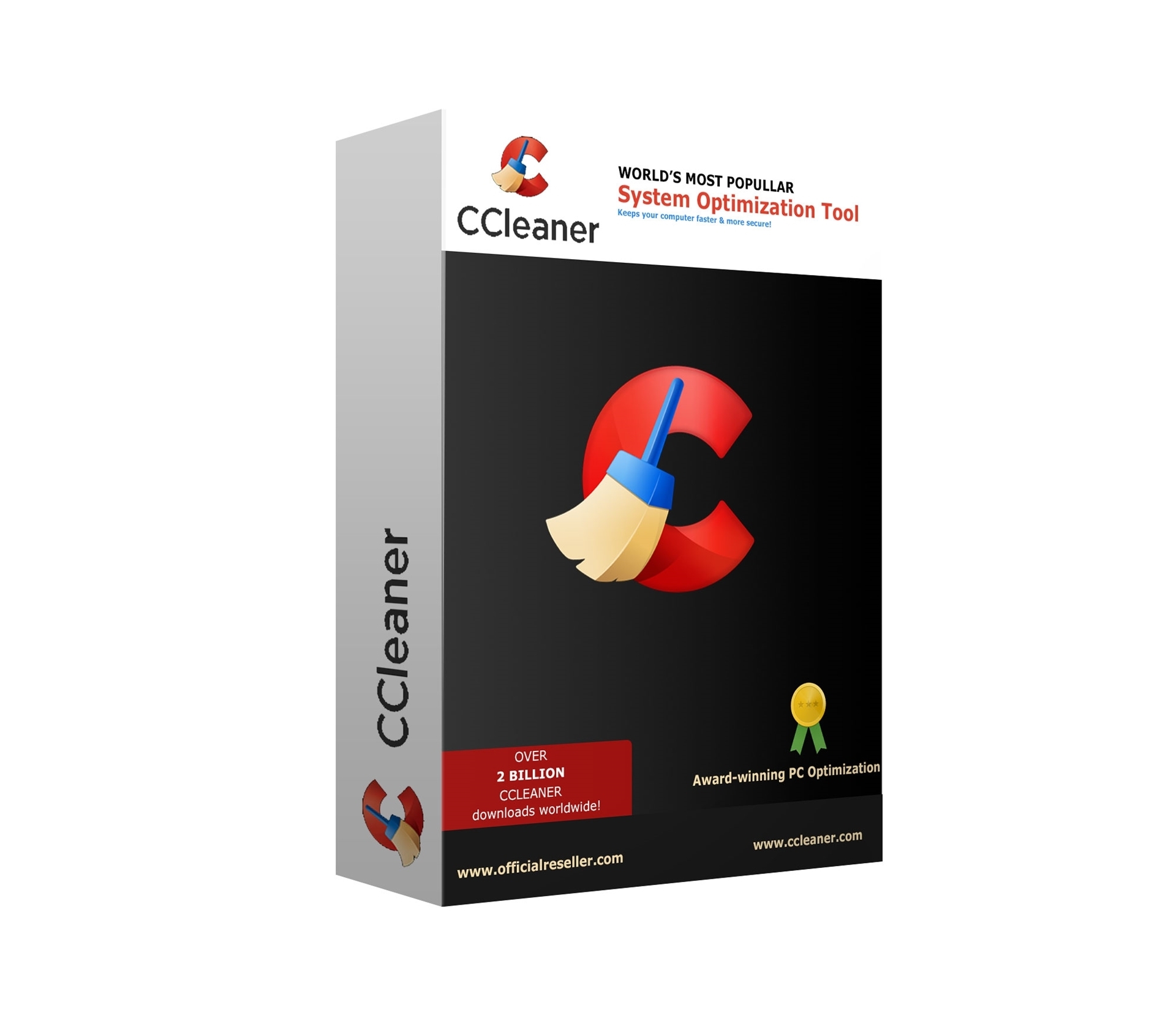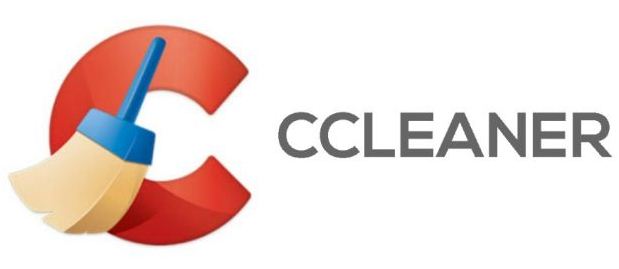

The company describes the malware as a "two-stage backdoor capable of running code received from a remote IP address on affected systems." Piriform notes (Opens in a new window) that as of this writing, "we don’t want to speculate how the unauthorized code appeared in the CCleaner software, where the attack originated from, how long it was being prepared and who stood behind it. The entire process is laid out below, in a handy flow chart.ĬCleaner is owned by Avast, the antivirus company, and has already issued a public apology and statement on the incident. Once it has detected an end user does have Admin access, and has performed its other validation checks, it starts encrypting system data and firing it back to its command and control server. The malware checks to see if the account owner has executive privileges and waits 600 seconds post-boot to avoid detection algorithms. The characteristics of the malware, and the fact that it was signed with a valid certificate, suggests that CCleaner's developer, Piriform Ltd, has been compromised. Ideally this certificate should be revoked and untrusted moving forward.

Troublingly, the malware was digitally signed with an appropriate digital certificate Talos wrote, "the presence of a valid digital signature on the malicious CCleaner binary may be indicative of a larger issue that resulted in portions of the development or signing process being compromised. From August 15 to September 12, the 5.33 version of CCleaner was infected by a malware payload. CCleaner is a popular utility, with an average of five million downloads per week (over two billion downloads cumulatively).

Talos Intelligence has published (Opens in a new window) a blog post detailing its research and findings, and they aren't great. CCleaner Cloud users should have gotten an update already, but if you use CCleaner and don't have automatic updates enabled, it would be a good idea to check the situation now. The infected payload affects two CCleaner products - CCleaner v and CCleaner Cloud v. Worse, the company distributed infected versions of its products for nearly a month before realizing the problem. CCleaner, the temporary file cleaner and registry optimizer of generally dubious utility in this day and age, has been flagged as containing malware.


 0 kommentar(er)
0 kommentar(er)
